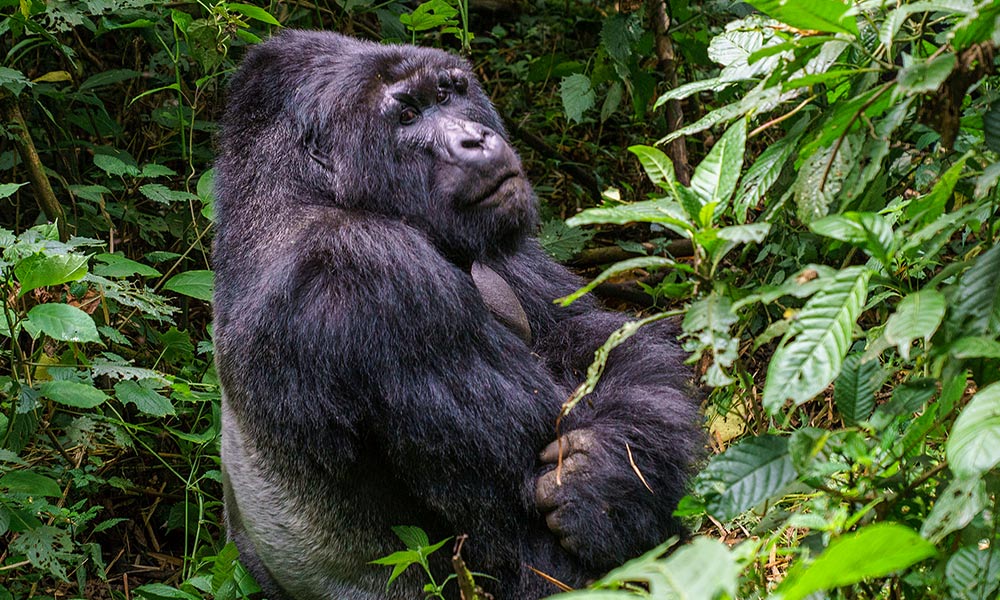Embarking on a wildlife safari in East Africa promises awe-inspiring encounters with diverse flora and fauna in their natural habitats. However, amidst the excitement of witnessing majestic creatures like lions, elephants, and giraffes, it’s crucial not to overlook the essential aspect of safeguarding one’s health. East Africa, comprising countries such as Kenya, Tanzania, Uganda, Rwanda, and others, presents unique health challenges due to its tropical climate, wildlife diversity, and varying landscapes.
To ensure a safe and enjoyable experience, travellers must take appropriate health precautions and vaccinations. This article aims to elucidate the essential vaccinations and health measures to undertake before embarking on a wildlife safari in East Africa.
Understanding the Risks
Before delving into specific vaccinations and health precautions, it’s essential to comprehend the potential health risks associated with traveling to East Africa. The region is known for certain infectious diseases that travellers may encounter, including malaria, yellow fever, typhoid fever, hepatitis A and B, rabies, and various intestinal infections. Moreover, exposure to wildlife, insects, and unclean water sources can also pose health hazards. Understanding these risks is paramount in preparing for a safe and healthy safari experience.
Essential Vaccinations
- Yellow Fever: Yellow fever vaccination is mandatory for travellers visiting East Africa, as the region is classified as a yellow fever endemic area. Proof of vaccination is often required for entry into many East African countries. Yellow fever is a viral disease transmitted by infected mosquitoes, and vaccination provides robust protection against the illness. It’s crucial to receive the yellow fever vaccine at least ten days before travel to ensure immunity.
- Malaria: Malaria is a prevalent mosquito-borne disease in East Africa, posing a significant health risk to travellers. While there is no vaccine for malaria, preventive measures such as antimalarial medication and mosquito bite prevention are essential. Consultation with a healthcare professional is recommended to determine the most suitable antimalarial medication based on the traveller’s medical history and the specific regions to be visited.
- Typhoid Fever: Typhoid fever is a bacterial infection spread through contaminated food and water. Vaccination against typhoid is advisable for travellers to East Africa, especially those planning extended stays or venturing into rural areas where sanitation may be inadequate. The typhoid vaccine is available in both oral and injectable forms, offering effective protection against the disease.
- Hepatitis A and Hepatitis B: Both hepatitis A and hepatitis B are viral infections transmitted through contaminated food, water, or bodily fluids. Vaccination against hepatitis A and hepatitis B is recommended for travellers to East Africa to prevent these potentially serious infections. The hepatitis A vaccine typically provides long-lasting immunity with a series of two doses, while hepatitis B vaccination involves a series of three doses.
- Rabies: Rabies is a viral disease transmitted through the saliva of infected animals, primarily through bites or scratches. Travelers engaging in activities that involve close contact with animals, such as wildlife viewing or volunteering, should consider rabies vaccination. Additionally, practicing caution around animals and seeking immediate medical attention in the event of an animal bite or scratch is essential.
Other Health Precautions
- Mosquito Bite Prevention: Given the prevalence of mosquito-borne illnesses such as malaria and dengue fever in East Africa, mosquito bite prevention is crucial. Travelers should use insect repellents containing DEET, wear long-sleeved clothing and pants, and sleep under mosquito nets, especially in malaria-endemic areas. Additionally, staying indoors during dusk and dawn, when mosquitoes are most active, can further reduce the risk of mosquito bites.
- Safe Food and Water Practices: Ensuring food and water safety is essential to prevent gastrointestinal infections such as traveller’s diarrhea. Travelers should consume only thoroughly cooked food, avoid street food and raw or undercooked meats and seafood, and drink bottled or purified water. It’s advisable to peel fruits and vegetables before consumption and avoid ice cubes made from tap water.
- Sun Protection: East Africa’s equatorial climate means strong sun exposure, increasing the risk of sunburn and heat-related illnesses. Travelers should use sunscreen with a high SPF, wear wide-brimmed hats and sunglasses, seek shade during peak sun hours, and stay hydrated to prevent dehydration and heat exhaustion.
- Wildlife Safety: While encountering wildlife is a highlight of a safari experience, it’s essential to observe safety precautions to avoid potentially dangerous situations. Travelers should maintain a safe distance from wild animals, follow park regulations and guidelines provided by experienced guides, and refrain from feeding or provoking animals. Additionally, respecting wildlife habitats and minimizing disturbance to animals is crucial for conservation efforts.
Conclusion:
Embarking on a wildlife safari in East Africa offers unparalleled opportunities to witness the region’s stunning biodiversity up close. However, ensuring a safe and healthy experience requires diligent preparation and adherence to essential health precautions and vaccinations. From protecting against mosquito-borne illnesses like malaria and yellow fever to preventing food and waterborne infections, travellers must prioritize their health and well-being. By taking proactive measures and seeking guidance from healthcare professionals, travellers can mitigate health risks and fully enjoy the wonders of an East African safari adventure.












